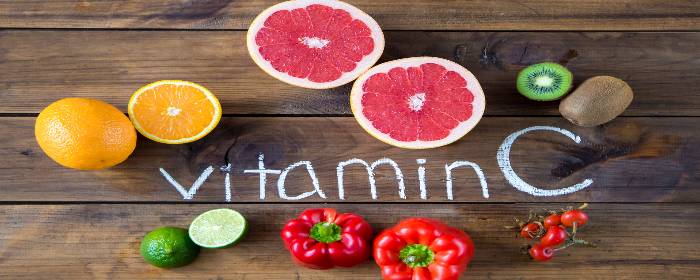
Why is Vitamin C So Important?
We’re told since childhood that we need vitamins to stay strong, but just how significant a role does each nutrient really play in our wellness? Specifically, you may have heard about the importance of getting ample vitamin C to fight off illness, but what does it really do to keep us healthy? Let’s take a closer look at the significance of vitamin C, and how you can make sure you’re getting enough.
Why Our Health Depends on Vitamin C
Vitamin C supports a number of key bodily functions. It helps to produce L-carnitine and some neurotransmitters, and it also has antioxidant activity which could help to decrease the risk of certain cancers. It also aids in iron absorption.
Moreover, vitamin C plays an important role in collagen production. Collagen is found in connective tissue and is the most abundant protein found in mammals. It makes up tendons, ligaments, cartilage, skin, bones, blood vessels, and more. Without enough vitamin C, collagen production may become compromised. This means wounds may take longer to heal, as research shows vitamin C can help form scar tissue.
Researchers have also found that vitamin C can attack drug-resistant strains of tuberculosis and that in general, people with sufficient levels of the vitamin may be more likely to fight off infections than those without. Additionally, individuals who contract colds and have enough of the nutrient may experience shorter periods of illness and milder symptoms. High doses have even been proven to benefit cancer patients by stopping the growth and potentially even killing off cancer cells.
Without enough vitamin C, you may notice symptoms of a deficiency, including nosebleeds, a slowed metabolism, weakened tooth enamel, painful joints, bleeding gums, anemia, easy bruising, and dry or splitting hair. A severe deficiency is known as scurvy, but this condition is typically experienced only by malnourished, older adults.
How to Get Plenty of Vitamin C
Vitamins can either be fat soluble or water soluble. Vitamin C falls into the latter category, which means it isn’t stored by the body, and any excess amount will be released through urine. Because we don’t build up a supply of it, it’s critically important that we get enough through diet.
The daily recommended amount for vitamin C is 65 to 90 mg for adults, but these levels may be different for women who are pregnant or breastfeeding. To take in more vitamin C through your diet, snack on fruits like cantaloupe, pineapple, strawberries, citrus fruits, and watermelon. Veggies like broccoli, Brussels sprouts, cauliflower, peppers, spinach, and sweet potatoes are also rich in the nutrient. If you’re concerned about your intake, consider speaking with your doctor to determine whether you might be a good candidate for a daily supplement.

 St. Petersburg, Florida
St. Petersburg, Florida
